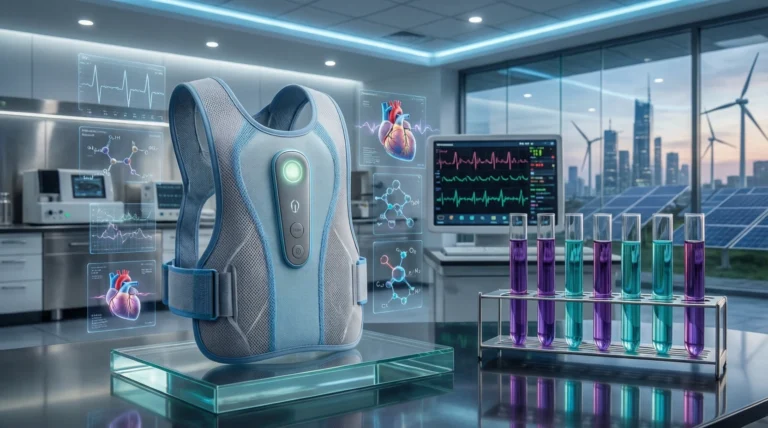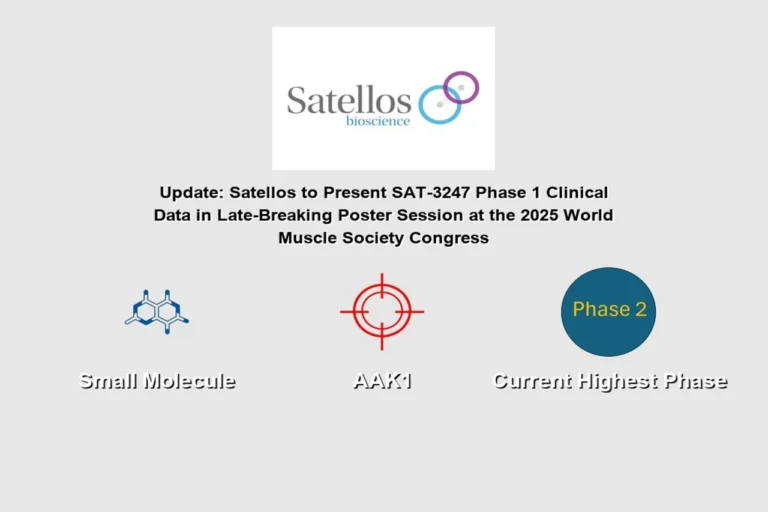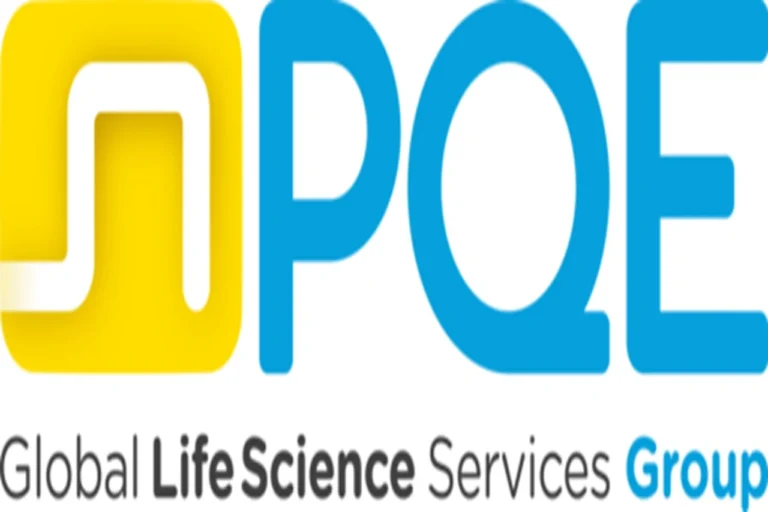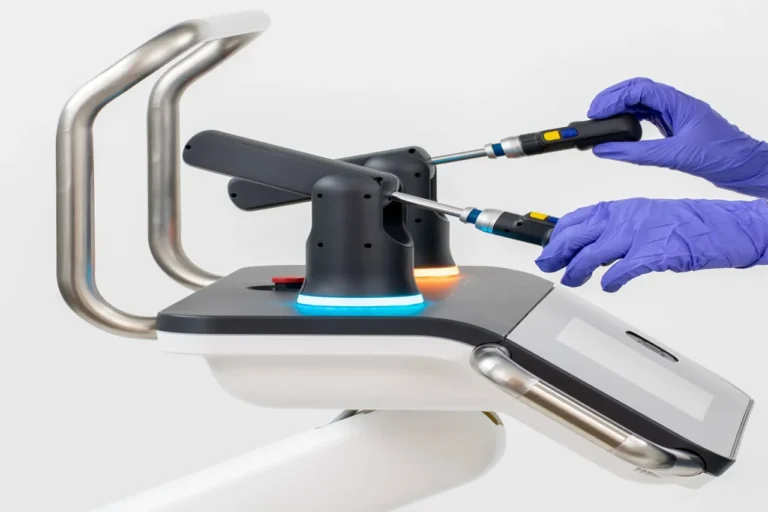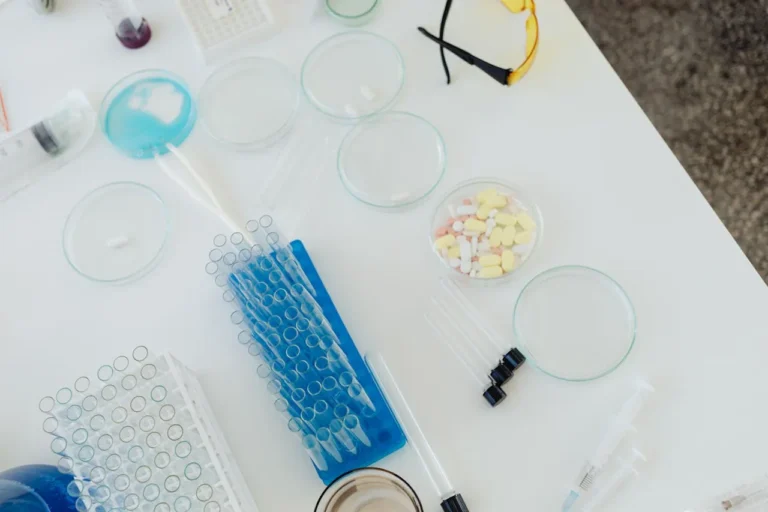
BASF has introduced a new addition to its certified compostable biopolymers lineup: biomass-balanced (BMB) ecoflex®, a polybutylene adipate terephthalate (PBAT) commonly used in biopolymer compounding. The new ecoflex® F Blend C1200 BMB replaces fossil raw materials with renewable feedstock at the outset of the production chain. This renewable feedstock, derived from waste and residual biomass, is credited to the ecoflex® grade through a certified mass balance approach, compliant with REDcert2 and ISCC PLUS (1) standards. The biomass-balanced ecoflex® not only helps reduce fossil resource consumption but also boasts a 60% lower Product Carbon Footprint (PCF) (2) compared to standard ecoflex® F Blend C1200.
Certified compostable products made with PBAT compounds support a circular economy by facilitating the collection and recycling of organic waste. However, in PBAT production, completely eliminating fossil resource usage is currently not feasible. With ecoflex® BMB, BASF addresses this gap, providing a solution that is organically recyclable at the end of its life cycle. Moreover, its fossil feedstock is entirely replaced with renewable raw materials from the outset of the production process, marking a significant step towards closing the biological loop of the circular economy.
ecoflex® BMB allows packaging industry customers to contribute to fossil resource reduction and product differentiation without compromising performance, quality, or requiring additional investments in new processing lines. The BASF PBAT is identical to the conventional grade in properties, quality, and certification. Customers can thus maintain their accustomed performance levels and benefit from a drop-in solution without the need for requalification of their applications, reformulation of compounds, or adaptation of existing manufacturing processes. Marcel Philipp Barth, head of global business management Biopolymers at BASF, notes, “As a pioneer of biopolymers, we are continuously striving to support our customers in the transition to a circular economy with renewable resources.” He adds, “Our ecoflex® BMB, an industry-first on the global biopolymers market, advances the sustainability efforts in the packaging industry by reducing the use of fossil resources, decreasing greenhouse gas emissions, and driving the use of renewable feedstock derived from organic waste and residual biomass.”
Biomass Balance Approach
In the biomass balance approach, part of the fossil feedstocks in the initial production stages is replaced by waste-based renewable resources. The renewable amount is then allocated to specific products at the end of the production process through a third-party certified method. BASF has established a chain of custody from the renewable feedstock used to the final product. Independent certification confirms that BASF has replaced the required quantities of fossil feedstock with renewable feedstock for the biomass-balanced product according to REDcert2 and ISCC PLUS requirements.
ecoflex® – BASF’s Pioneering Innovation
Introduced in 1998, ecoflex® is the first commercially available biodegradable and certified compostable biopolymer on the market. Innovations based on ecoflex® have opened up new end-of-life options for plastics, enabling organics recycling and contributing to a circular economy. As a blend partner, ecoflex® provides the certified compostable BASF compound ecovio® with unique material properties like flexibility and toughness. Studies have demonstrated the benefits of ecovio® in food production, packaging, shelf life, and food waste collection. These advantages stem from the material’s properties, including certifications for biodegradability in commercial and home composting, as well as in agricultural soil. By supporting food waste collection, ecoflex® and ecovio® ensure nutrients return to the soil through high-quality compost, closing the nutrient cycle and contributing to a circular economy via organics recycling.


